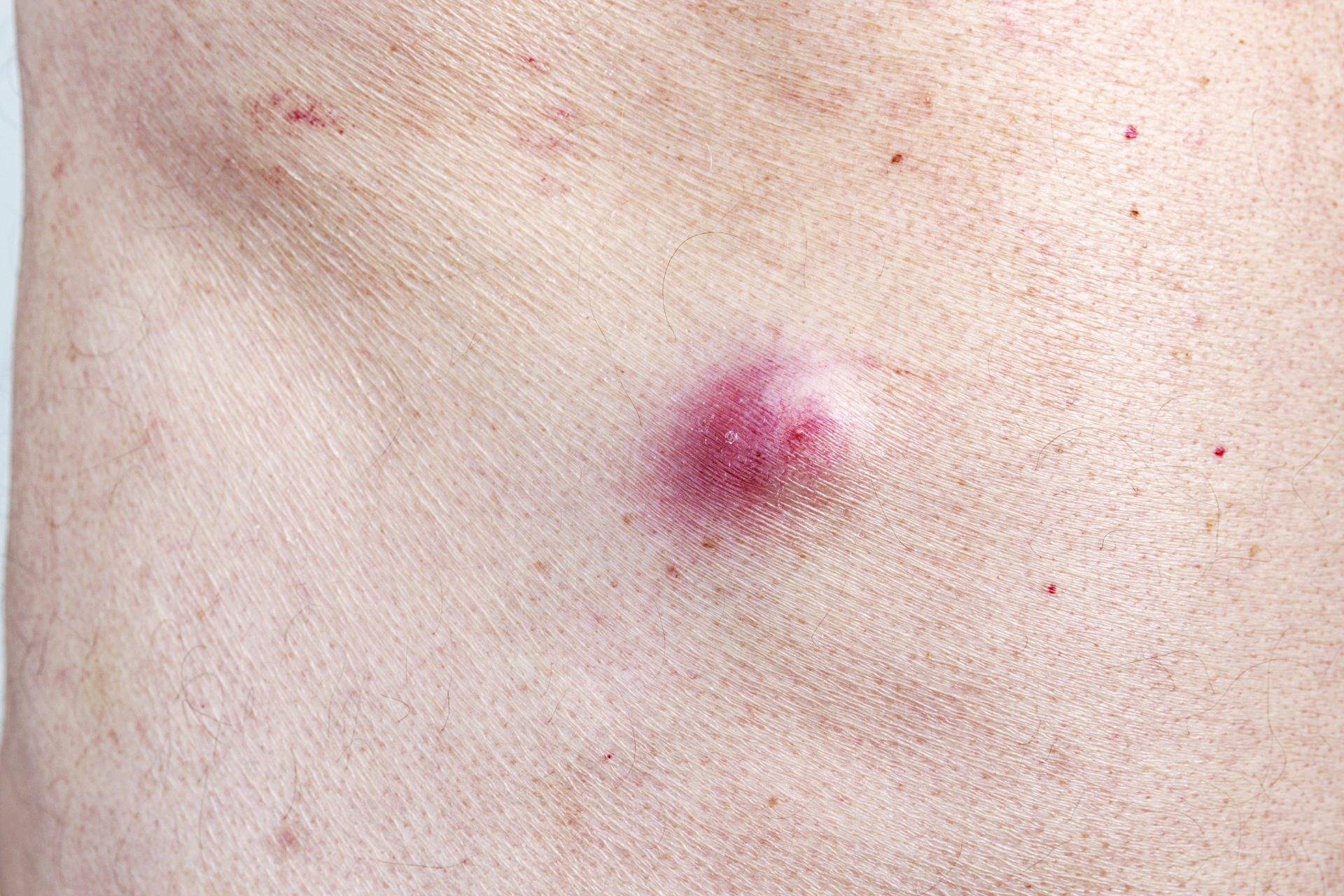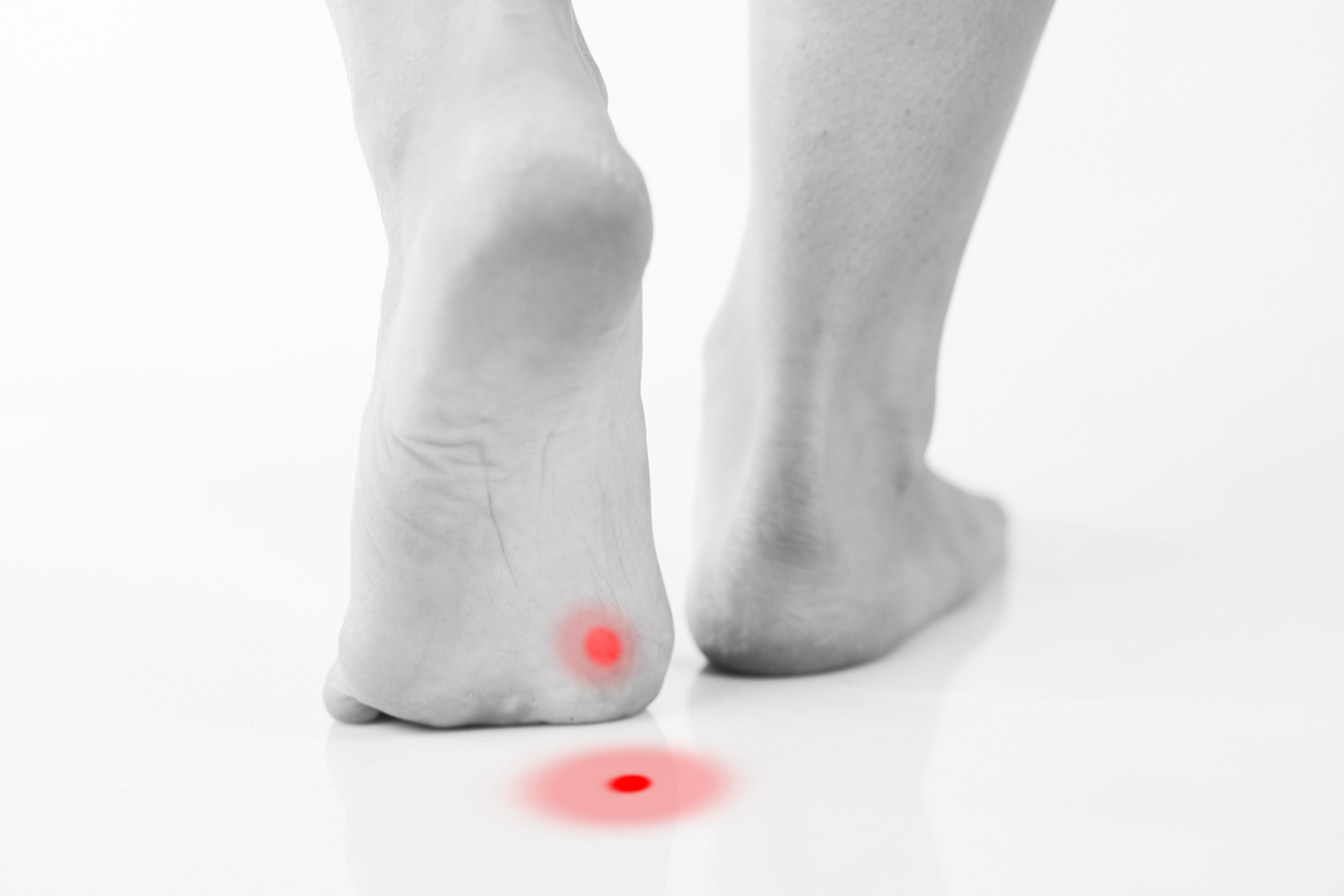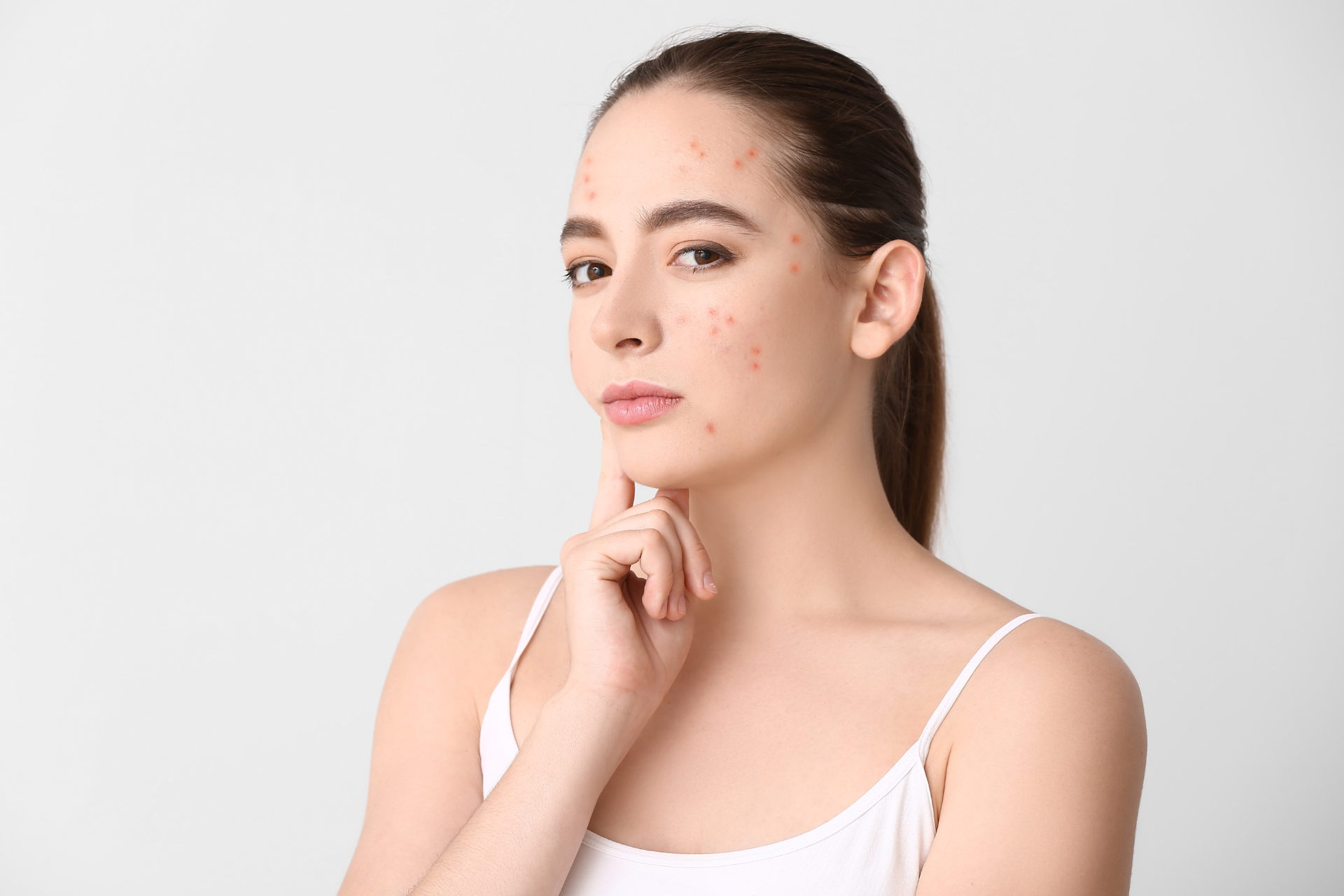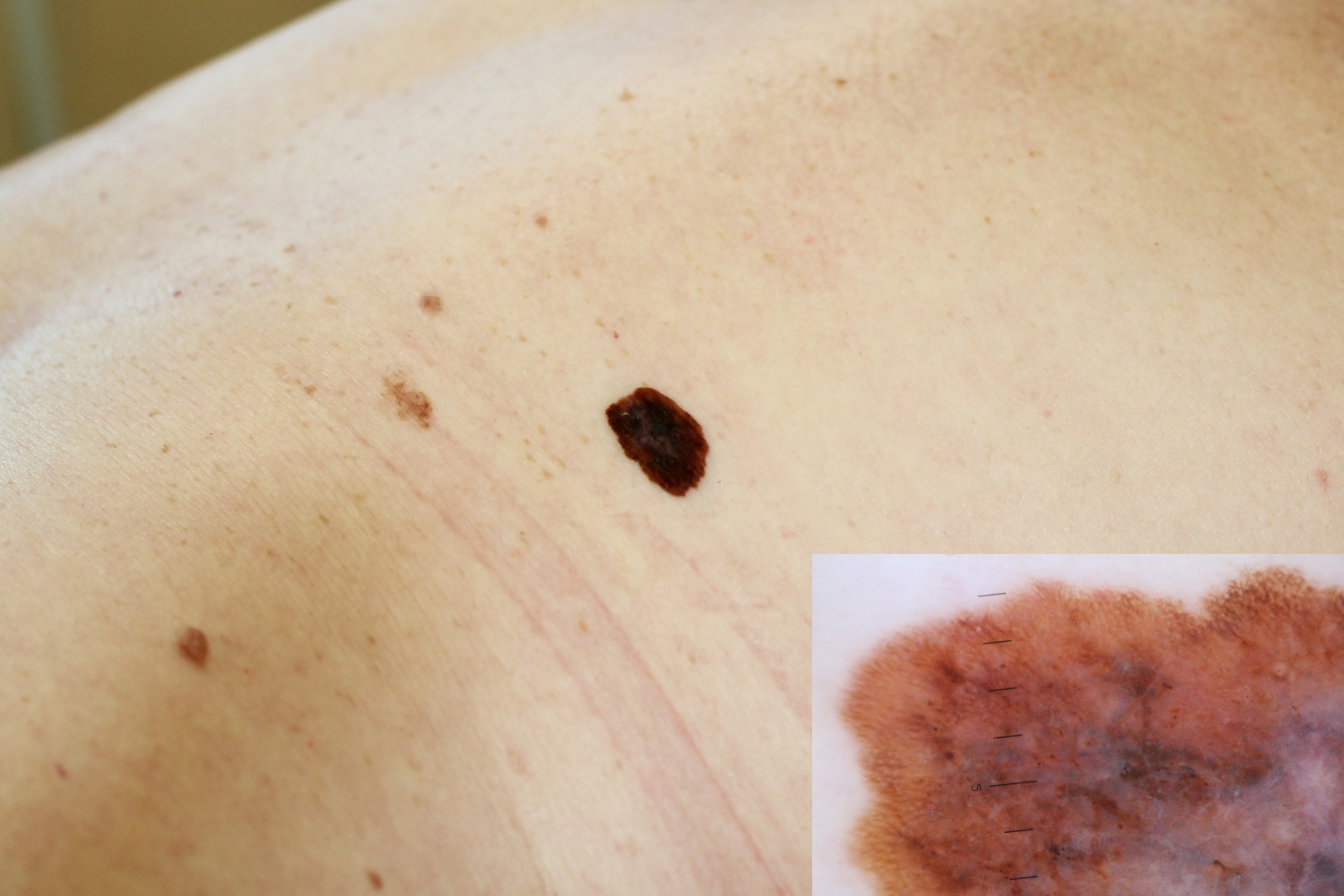How to Identify and Treat Common Skin Cysts

At Fall Creek Skin and Health Clinic, we understand the importance of healthy skin and the impact it can have on your overall well-being. Skin cysts are a common concern that many individuals may experience at some point in their lives. While often harmless, it is essential to know how to identify and treat them to ensure proper care and peace of mind.
What are Skin Cysts?
Skin cysts are noncancerous, closed sacs or pockets of tissue filled with fluid, pus, or other material. They can develop anywhere on the body and vary in size. Cysts are typically slow-growing and may not cause any symptoms, but they can become inflamed, infected, or cause discomfort if they rupture or grow in size.
Identifying Skin Cysts
Skin cysts can be easily identified by their appearance and texture. They usually feel like small, round bumps under the skin and may be soft or firm to the touch. Cysts can range in color from flesh-colored to red, depending on the type and location.
Common types of skin cysts include:
Epidermoid Cysts
These are the most common type of skin cysts and often develop on the face, neck, and trunk. They are filled with keratin, a protein found in hair and nails.
Sebaceous Cysts
These cysts form around hair follicles and contain a mixture of oil and dead skin cells. They are commonly seen on the scalp, face, and back.
Pilar Cysts
Also known as trichilemmal cysts, these cysts develop in the hair follicles and are most commonly found on the scalp.
Treatment Options
While many skin cysts do not require treatment, some may need to be addressed to prevent infection, relieve discomfort, or for cosmetic reasons. Here are some common treatment options for skin cysts:
1. Observation
If a cyst is small, asymptomatic, and not causing any issues, your healthcare provider may recommend monitoring it over time without any intervention.
2. Drainage
If a cyst becomes inflamed, infected, or painful, it may need to be drained by a medical professional to relieve symptoms and prevent complications.
3. Corticosteroid Injections
In some cases, injecting a corticosteroid medication into the cyst can help reduce inflammation and shrink the cyst.
4. Surgical Removal
For persistent or large cysts, surgical excision may be necessary to remove the cyst completely. This procedure is typically done under local anesthesia in a medical setting.
Preventing Skin Cysts
While not all skin cysts can be prevented, there are measures you can take to reduce your risk of developing them. Good skincare practices, such as keeping the skin clean and moisturized, avoiding squeezing or picking at blemishes, and protecting your skin from sun damage, can help maintain skin health and reduce the likelihood of cyst formation.
When to Seek Medical Attention
If you notice any changes in the size, shape, color, or symptoms of a skin cyst, it is important to seek medical attention from a healthcare provider. Signs of infection, such as redness, swelling, warmth, or drainage from the cyst, should be evaluated promptly to prevent complications and ensure proper treatment.
At Fall Creek Skin and Health Clinic, our experienced healthcare providers are dedicated to helping patients of all ages achieve healthy skin and overall well-being. If you have concerns about a skin cyst or any other skin-related issue, contact us to schedule an appointment and receive personalized care tailored to your needs. Remember, early detection and treatment are key to maintaining healthy skin for a lifetime.



Need Our Services?
Book a free consultation

Our promise is to offer high-quality medical attention at a fair price in a clean, friendly, and professional environment.
QUICK LINKS
BUSINESS HOURS
- Mon - Thu
- -
- Friday
- -
- Saturday
- Appointment Only
- Sunday
- Closed
All Rights Reserved | Fall Creek Skin and Health Clinic |
